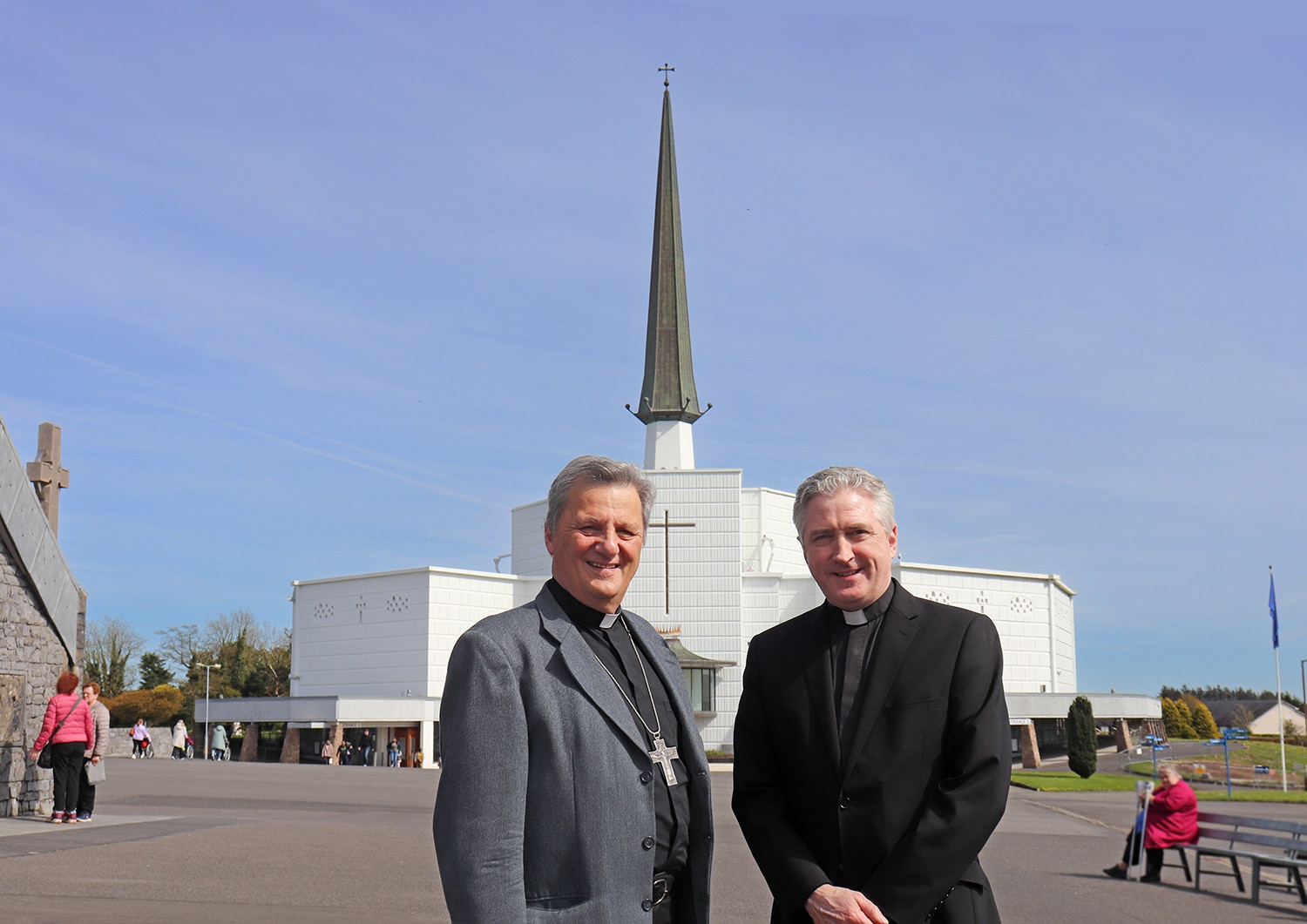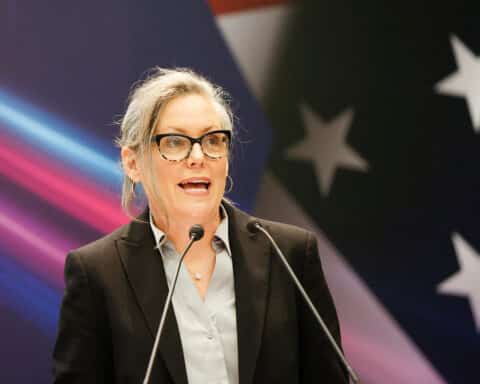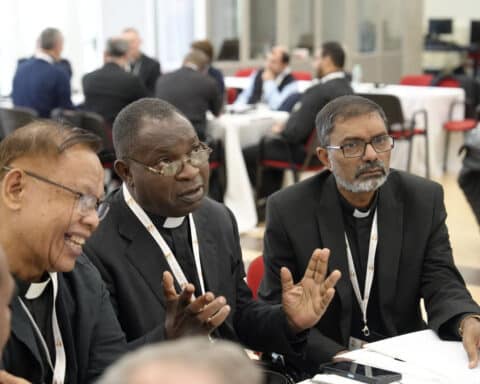KNOCK, Ireland (OSV News) — Cardinal Mario Grech, secretary-general of the synod, has said he was not informed about the publication date or the contents of “Fiducia Supplicans,” the Dicastery for the Doctrine of the Faith’s December 2023 document authorizing non-liturgical blessings for same-sex couples and others in irregular situations.
Speaking to OSV News at Ireland’s National Marian Shrine in Knock, County Mayo, where he delivered the keynote address at and April 19-20 conference “Synodality Explored: Facing the Future Together,” the Maltese prelate said he learned about the document “like everybody else when it was published.”
Cardinal Grech’s response to “Fiducia Supplicans”
The cardinal stressed that he was not saying his office should have been consulted. Each dicastery, he said, “has the right and duty to communicate to the church. It is normal practice of the Roman Curia.”
The dicasteries, he said, “are there to help the Holy Father to fulfill his mission.”
Asked whether the document will inform the second synodal assembly in the autumn, he said it had “nothing to do with” either the previous synodal assembly nor with the forthcoming second session.
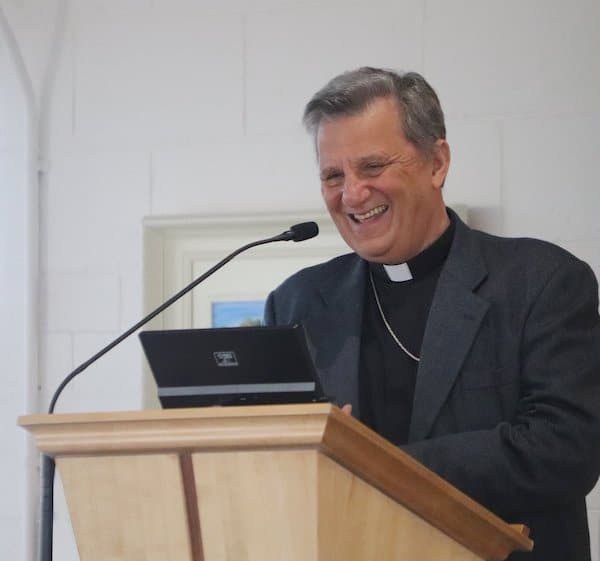
The facilitator of the Knock conference, Father Eamon Conway, professor at the University of Notre Dame University Australia, who is an adviser to the General Assembly of the Synod of Bishops, told OSV News that “synodality does not replace or necessarily suspend the ordinary work of a dicastery which has to continue. Some of these documents have been worked on over quite a period of time as we know from ‘Dignitas Infinita.'”
The April 2024 document affirmed the church’s teaching on human dignity and outlined violations of that in areas including sex and gender.
However, Father Conway, who is a priest of the Archdiocese of Tuam in the west of Ireland, said it was his view that documents such as “Fiducia Supplicans” and “Dignitas Infinita” could be composed “in a more synodal key.”
Synodality in addressing controversial topics
Speaking about synodality and contentious questions such as same-sex relationships, Cardinal Grech recalled how during the first assembly in the fall of 2023, the issue “of integrating people who have a different sexual orientation came up in one of the drafts of the synthesis report using a reference to ‘LGBTQ.'”
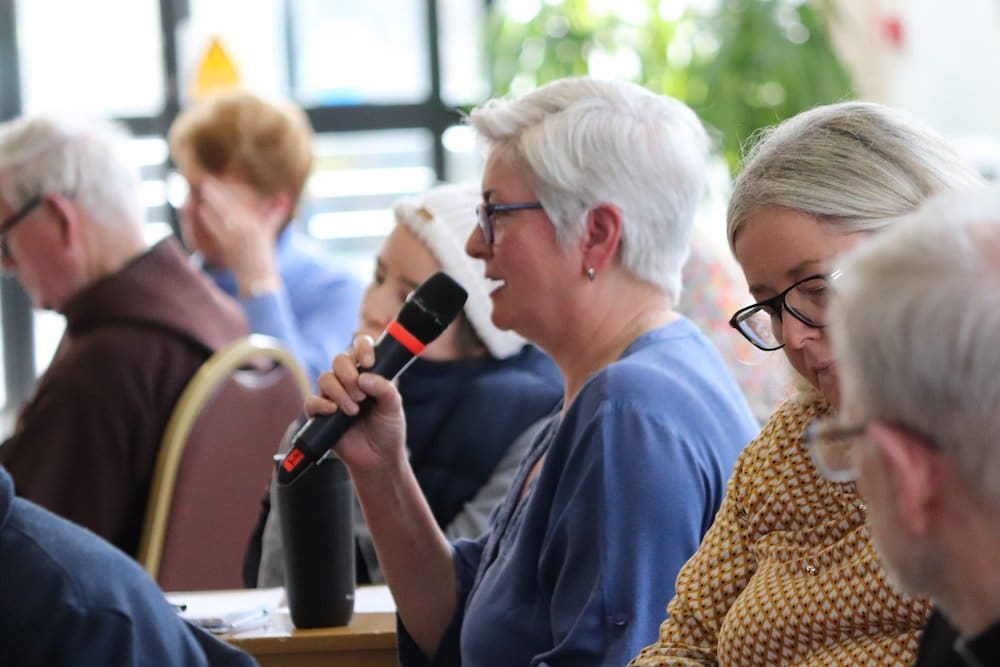
“We noticed that some had difficulty with that phrase and changed it. We did not change the content but the wording and in that way, we managed to get a majority vote. Whereas had we left the phrase I’m sure it would not have got the vote it got,” Cardinal Grech told OSV News.
“We need to take into account the needs and the sensibilities of all because our task is to try to reach a consensus and learn, as a church, how to arrive at something agreed by the wider spectrum,” he said.
During the two-day conference in Knock, Cardinal Grech told participants from a number of Irish dioceses and faith groups that engaging in synodality would help the church make the structures that are already in place work.
Focus on formation and participation
One Irish bishop told him that although parish councils and pastoral councils were established under the Second Vatican Council and are enshrined in canon law, many parishes and some dioceses still do not have them or if they do, they are not functioning. “An urgent necessity is formation — formation for all of us, no one excluded,” Cardinal Grech stressed.
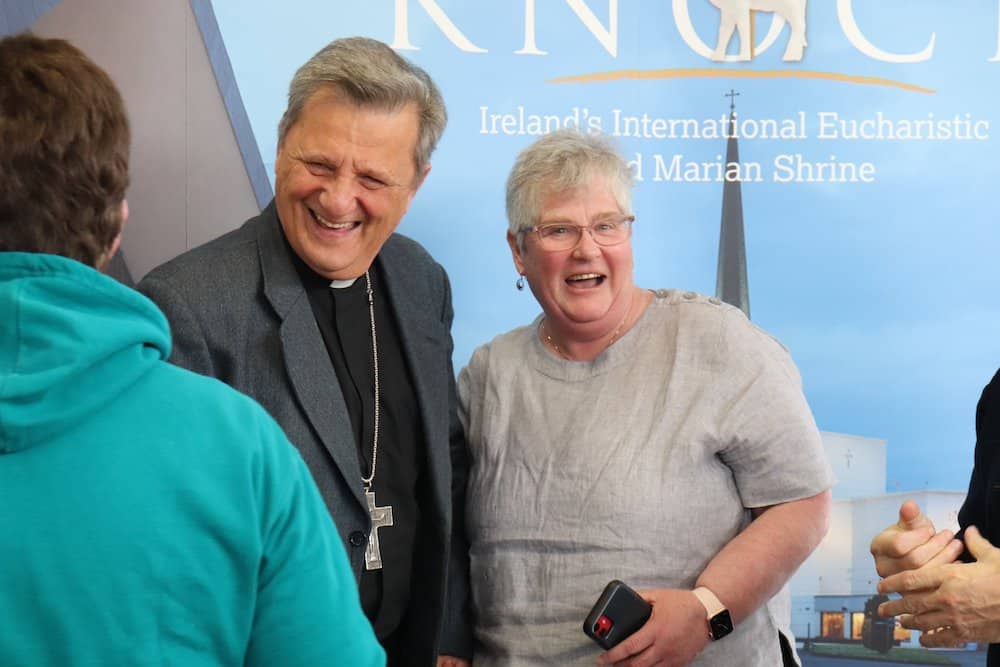
The need for the people of God to come together and learn together, with nobody excluded, was one of the General Secretary of the Synod of Bishops main themes in Knock. Another theme was the principle of circularity and how the different parts of the body of Christ have a way of mutually enriching each other.
He noted that while “the Gospel will not change, my understanding of the Gospel can change” and that over the two millennia of the church’s history it had proceeded with this dynamic understanding.
Asked by one participant about the limits of synodality, Cardinal Grech responded that he has always underlined that the synodal process has to evolve in the light of the word of God, tradition and the magisterium. He underlined that because of that he did not see any risk of a synodal approach endangering people’s faith.
According to Father Conway, there is now a focus on “embedding the platform for synodality to continue in the life of the church.” He said the work of the forthcoming general assembly will be “to ensure that synodality becomes the ‘modus operandi‘ (method of operating) — the style of the church — going forward.”

